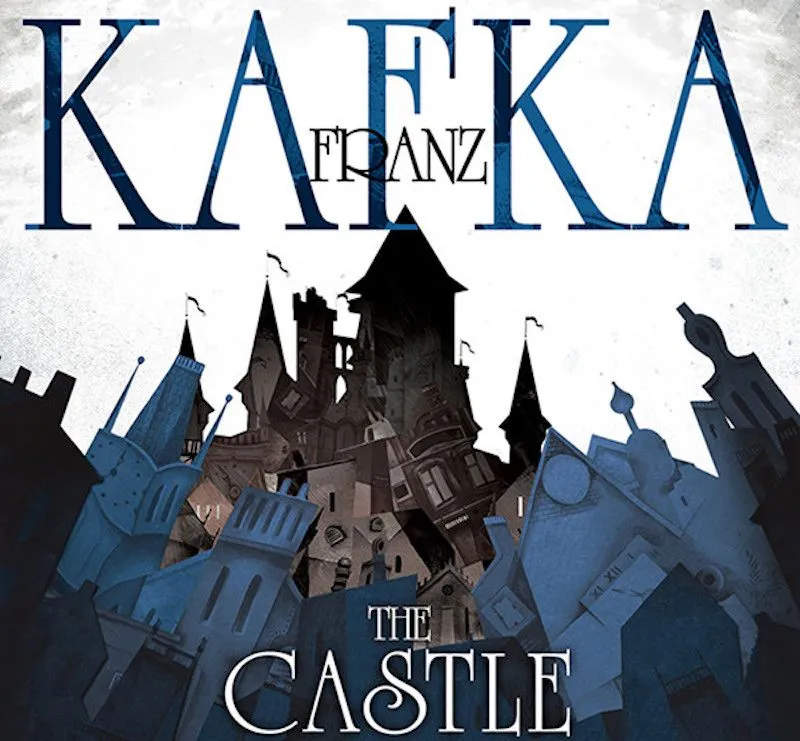
Today we will talk about the "The Castle" Kafka. "The Castle" by Franz Kafka is an unfinished work, and this must always be borne in mind when you are building a concept around this novel when you try to explain in simple words what the author wanted to say.
The idea of this book, interpretation, is, in my opinion, a huge section of world literary criticism, which you can not immediately master.
Initially, the manuscript "The Castle" was to be destroyed. Kafka asked his friend Max Brod, in the will, to destroy the fragments left after him, the sketches of the manuscript. Of course, Max Brod did not do it and thank God. He devoted the rest of his life to memories of Kafka, the interpretation of his works, the publication of manuscripts, etc. And Max Brod laid the foundations of interpretations for these texts, which later developed, challenged, etc., in world literary criticism.
Before World War II, the "The Castle" was perceived exclusively as a parable, partly theological. Since this infinite remoteness of man from God, the impossibility of direct contact of man with a higher power, the completely mocking indifference of this higher power, its absolute disinterest in what is happening in the soul of a particular person is one of the first stages of understanding the text.
The next step was already different. Absolutely different forces interfere there. When the metaphor "castle" and "village near the castle", began to be perceived as a metaphor for the entire human society. Because this endless bureaucracy, endless obstacles that arise in the way of K. (the main character is denoted by the letter K.).
The castle is not just some higher place where there are some overground forces - no. The lock is a metaphor for human power, the power of the bureaucracy. And in this case, a person gets into such gears of a bureaucratic mechanism, a monstrous society, and society is a monstrous product of human civilization. This thought was accentuated by the first plan in the novel.
Then there was a lot more. From allusions to Orwell's and totalitarian society, to allusions towards the end of mankind, as a stalemate of anthropogenic civilization. "The Castle" - this is really a unique book, you can "dig out" anything.
But in this case, I do not want to share this with you, it's all much smarter and more subtle than that described by more talented people. I want to share an endless happiness from the fact that I'm involved in a mystery, a mystery. Because everything connected with Kafka is a tremendous mystery.
Kafka contrived in his texts to lay a sensation of lost helplessness, a feeling of overwhelming anguish and anxiety that embraces any person in whatever "paws" he got: whether it's bureaucracy, whether it's military or totalitarian government, or he got into the clutches of a higher power that suddenly comes in the form of misfortune, illness, tragedy in your house. We are helpless and this feeling is absolutely stunningly conveyed by Kafka.
And when you read this, you realize that everything else goes into the background, because nothing has succeeded Kafka more than this contrast between the classical harmony of the language and the irrational, swirling horror, some chaos that inside of you boils and gradually grows .
Until Kafka and the phenomena described by him, very difficult to translate into simple words, are consonant with our attitude, until then these feelings will be with us. And we re-read Kafka, we constantly see how great literature is right when it opens our eyes to things that we can not even formulate.
Read Franz Kafka, this is an unconditional classic, this book will bring great intellectual pleasure to anyone who takes it in hand.